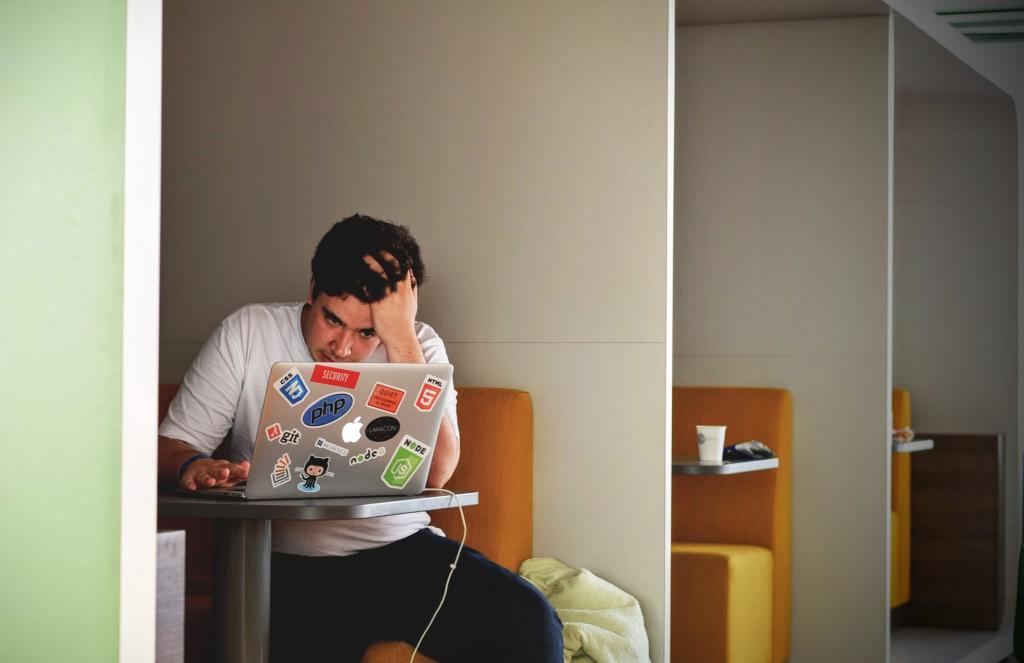Thessaloniki gets ready for its metro launch in November
The underground rapid transit lines have been under construction for almost two decades due to various project delays
 TheMayor.EU logo
TheMayor.EU logo 
Months of social distancing, isolation, little exercise took their toll on young people's mental health
Researchers found alarming rates of stress, anxiety and depression among young people last winter but things have improved
Yesterday, the Austrian Danube University Krems published a study showing that the mental health of young people has improved significantly during the summer semester. The researchers collected the data in June, as a follow up to a previous study they did in February.
According to the report, half of the young people in Austria suffered alarming rates of anxiety and stress during the winter; however, things have improved significantly in recent months.
Months of distance learning, isolation, low amounts of sunlight, little exercise and worrying for the future took their toll on a lot of people. According to Christoph Pieh, the head of the team in the Department of Psychotherapy in the Danube University Krems, this coincidence of factors is what drove much of the findings in their research.
The first study consisted of 3,052 young people who were surveyed in February just after the winter semester, and almost half suffered from symptoms of anxiety. At the same time, during the summer semester, that number fell from 47% to 36%. While this was an improvement, the number was still very high, considering this meant that still, every third student suffered from some type of anxiety.
Now, as summer is on its way out and autumn is just around the corner, the team decided to do a second follow up study. With the vaccine rollout, the pandemic seemingly under control in June and July and the gradual reopening of Austria, the team wanted to evaluate the mental health of young people.
The follow up was conducted in June and it showed 25% suffered from high stress levels, which is an even bigger improvement to the previous 36%. People with depressive symptoms decreased from 55% to 49%, whereas sleep disorders went down from 23% to 20%. This is a less pronounced difference; however, it is still significant.
The second follow-up focused on a group of 720 people from Lower Austria and Vienna between the ages of 14 and 20. The author of the study attributed the decline in psychological stress primarily to the fact that schools were largely open in the summer semester. Pieh emphasized that the numbers are still significantly higher than before the pandemic.

The underground rapid transit lines have been under construction for almost two decades due to various project delays

Now you can get your wine in Talence by paying directly in Bitcoin

That’s because the state has to spend money on updating the railway infrastructure rather than subsidizing the cost of the popular pass

Rethinking renewable energy sources for the urban landscape

The examples, compiled by Beyond Fossil Fuels, can inform and inspire communities and entrepreneurs that still feel trepidation at the prospect of energy transition

Now you can get your wine in Talence by paying directly in Bitcoin

The 10th European Conference on Sustainable Cities and Towns (ESCT) sets the stage for stronger cooperation between the EU, national and local level to fast track Europe's transition to climate neutrality.

At least, that’s the promise made by the mayor of Paris, Anne Hidalgo

The underground rapid transit lines have been under construction for almost two decades due to various project delays

At least, that’s the promise made by the mayor of Paris, Anne Hidalgo

Hostal de Pinós is located in the geographical centre of the autonomous region

Despite its church-y name, the district has long been known as the hangout spot for the artsy crowds

Urban dwellers across the EU are having a say in making their surroundings friendlier to people and the environment.

Forests in the EU can help green the European construction industry and bolster a continent-wide push for architectural improvements.

Apply by 10 November and do your part for the transformation of European public spaces

An interview with the Mayor of a Polish city that seeks to reinvent itself

An interview with the newly elected ICLEI President and Mayor of Malmö

A conversation with the Mayor of Lisbon about the spirit and dimensions of innovation present in the Portuguese capital














